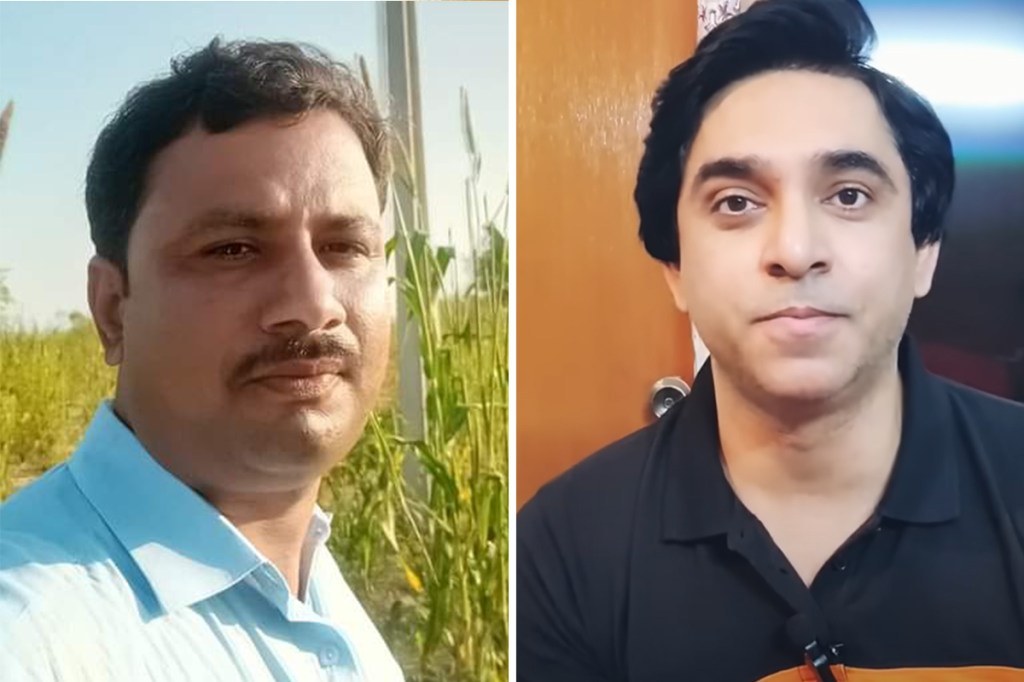New York, August 23, 2022–Pakistan authorities should immediately and unconditionally release journalist Jameel Farooqui, and cease harassing him and journalist Ilyas Samoo in retaliation for their work, the Committee to Protect Journalists said Tuesday.
On August 19, police in southeastern Sindh province’s Thatta district arrested Samoo, a reporter for the privately owned daily newspaper Awami Awaz and president of the local Bandar Press Club, according to statements by two local press freedom groups and Latafullah Samoo, the journalist’s brother, who spoke to CPJ by phone.
Latafullah Samoo told CPJ on the evening of Tuesday, August 23, that a local court had granted his brother’s bail earlier that day and he had been released.
Separately, on Monday, authorities in the Sindh provincial capital of Karachi arrested Farooqui, an anchor with the privately owned broadcaster BOL News and host of a YouTube channel with about 120,000 subscribers, according to multiple news reports and a statement by the Pakistan Press Foundation, a local press freedom group.
Following his arrest, a Karachi court transferred Farooqui to the custody of the Islamabad police, and on Tuesday an Islamabad court granted police two additional days to hold Farooqui pending further investigation, according to those sources.
“Pakistan authorities must end their campaign of harassment and intimidation of journalists in retaliation for their work,” said Carlos Martinez de la Serna, CPJ’s program director. “Authorities should swiftly and unconditionally release journalist Jameel Farooqui, cease harassing him and journalist Ilyas Samoo, and allow them to continue their work without interference.”
In Samoo’s case, the police first information report, a document which opens an investigation, accuses the journalist of carrying an illegal weapon in violation of the Sindh Arms Act, according to a copy of the report, which CPJ reviewed.
Latafullah Samoo told CPJ that he believed authorities had targeted Samoo in retaliation for his reporting on flood-affected areas in Thatta district and said that, shortly before his brother’s arrest, the journalist had received a threatening call and text message warning him to stop that reporting.
Samoo’s reporting, which CPJ reviewed, alleged that authorities had a lackluster response to the floods, which killed at least 239 people.
If charged and convicted of carrying an illegal weapon, Samoo could face up to 14 years in prison and an unspecified fine, according to the law.
In Farooqui’s case, authorities arrested the journalist in relation to a first information report registered in Islamabad, accusing him of three counts of defamation and one of obstructing the work of a public servant, according to those news reports.
The allegations stem from an August 18 video on Farooqui’s YouTube channel in which he accused the Islamabad police of sexually and physically abusing Shehbaz Gill, a leader of the opposition Pakistan Tehreek-e-Insaf (PTI) party, according to those reports.
The sections of the penal code pertaining to defamation can carry a prison sentence of up to two years and an unspecified fine, and obstructing a public servant can carry a prison sentence of one year and a fine of 50,000 rupees (US$231).
In a video posted to Twitter by the PTI on Monday, Farooqui alleged that that police had stripped and beaten him in custody.
On August 21, the Pakistan Electronic Media Regulatory Authority, the country’s broadcast regulator, banned the broadcasting of live speeches from former Prime Minister Imran Khan of the PTI party, according to news reports.
The Islamabad and Sindh police departments did not respond to CPJ’s emailed requests for comment.
